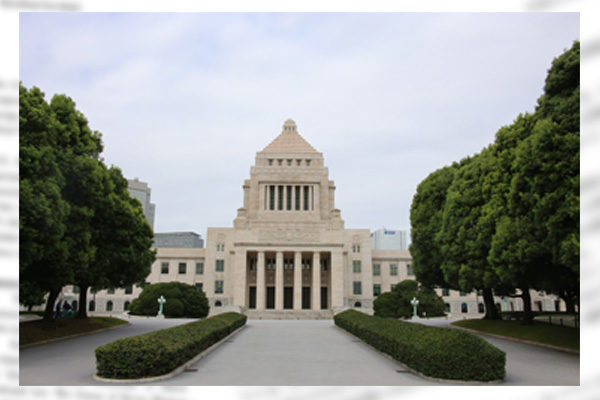The United States has abandoned its leadership in maintaining the international order under the Trump administration’s “America First” foreign policy, while “rule by force” is about to become a fait accompli in Ukraine. The sight of Chinese President Xi Jinping, Russian President Vladimir Putin, and North Korean leader Kim Jong Un lined up on the stage of a Beijing military parade on September 3 showed off the unity of the three authoritarian countries and symbolized their blatant confrontation with the democratic camp.
Raja Mohan, Indian strategist and visiting research professor at the National University of Singapore, referred to former Japanese Prime Minister Fumio Kishida’s warning that “Ukraine today may be East Asia tomorrow” (in a keynote speech at the Shangri-La Dialogue in June 2022) in his Foreign Policy article on August 20. As Mohan pointed out, under the return of President Donald Trump, Kishida’s warning takes on a pressing significance: Face the risk of dependence on the U.S.
Most serious crisis since the party foundation
While the security environment surrounding Japan is at its worst, Japan’s ruling Liberal Democratic Party has been unable to resolve its chaos over a political fund scandal. Most notably, the LDP has lost the trust of its core conservative supporters since the era of former Prime Minister Shinzo Abe.
During Kishida’s tenure, the LDP had numerical strength to propose constitutional amendments—a central goal of the party since its founding—but failed to act. The departure of conservative voters may pose a challenge not only for the current Shigeru Ishiba government but for the entire LDP.
Disappointed with the LDP’s drift and lack of governance, many traditional LDP supporters voted for emerging parties in the House of Councillors election in July. The LDP now faces the most serious crisis since its foundation.
A historic watershed
The LDP leadership election on October 4 will be a historic watershed that will determine whether the LDP will become a minor party and continue to lose its influence, or it will again lead Japan as the largest political party that embodies the consensus of conservatives.
Although it is understandable that the LDP has lost its legislative majority and must give consideration to other parties, LDP leadership candidates should present a clear national vision for Japan to survive the troubled world. They should do this without limiting discussions to policy coordination with potential coalition partners. In particular, it is essential for them to clarify (1) how to strengthen Japan’s own deterrence while ensuring the credibility of its alliance with the U.S., which is inclined to emphasize “deals,” and (2) how to approach constitutional amendments, which are the basis of the country’s way of life. These are the issues the LDP failed to provide a clear direction on and refrained from discussing during the House of Councillors election in July.
If LDP leadership candidates continue to focus on specific policy debates without discussing the path the country should take, its conservative base will likely not return to the LDP.
Kiyofumi Iwata is a member of the Planning Committee at the Japan Institute for National Fundamentals. Formerly, he served as Chief of Staff of the Japan Ground Self-Defense Force.


